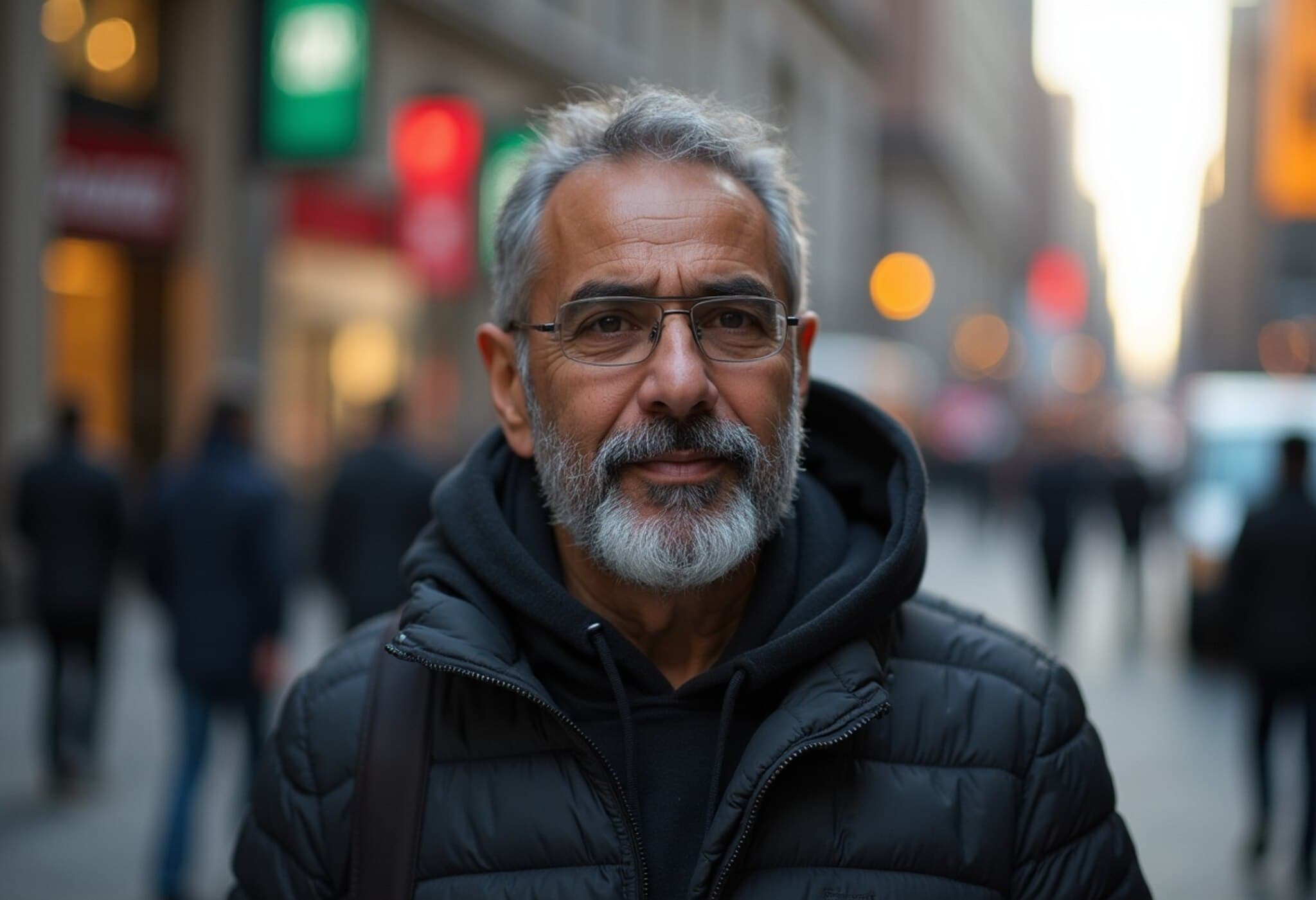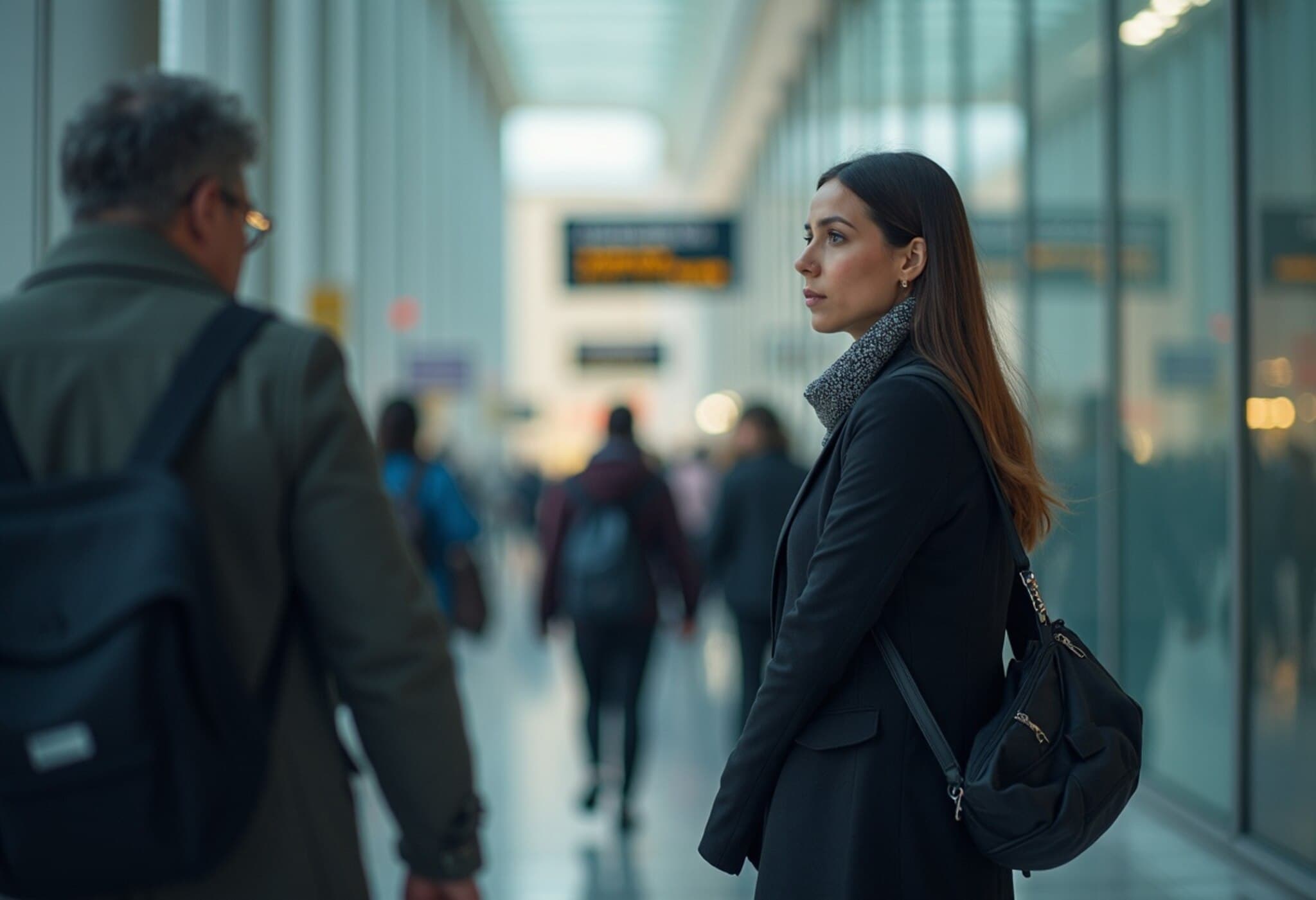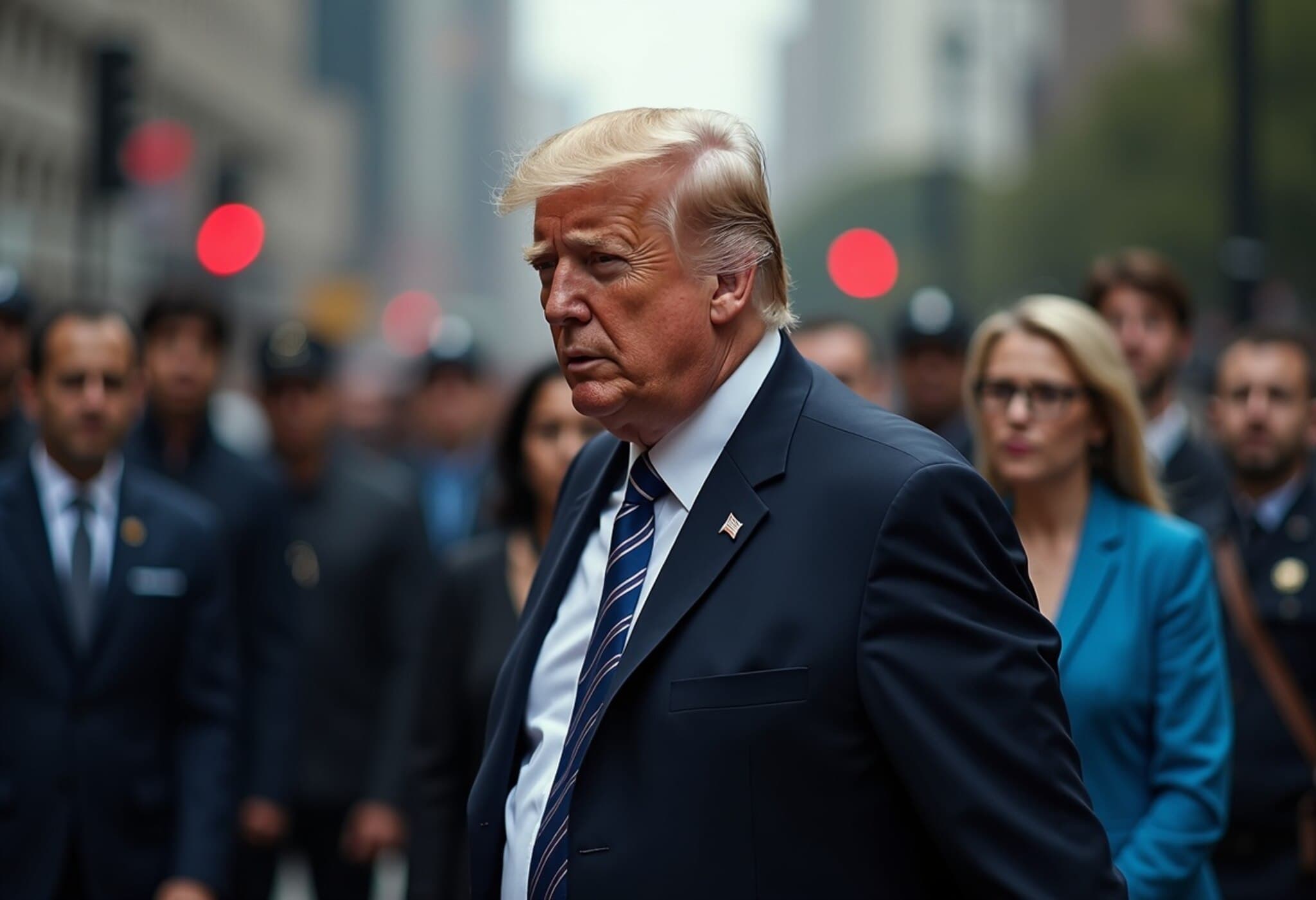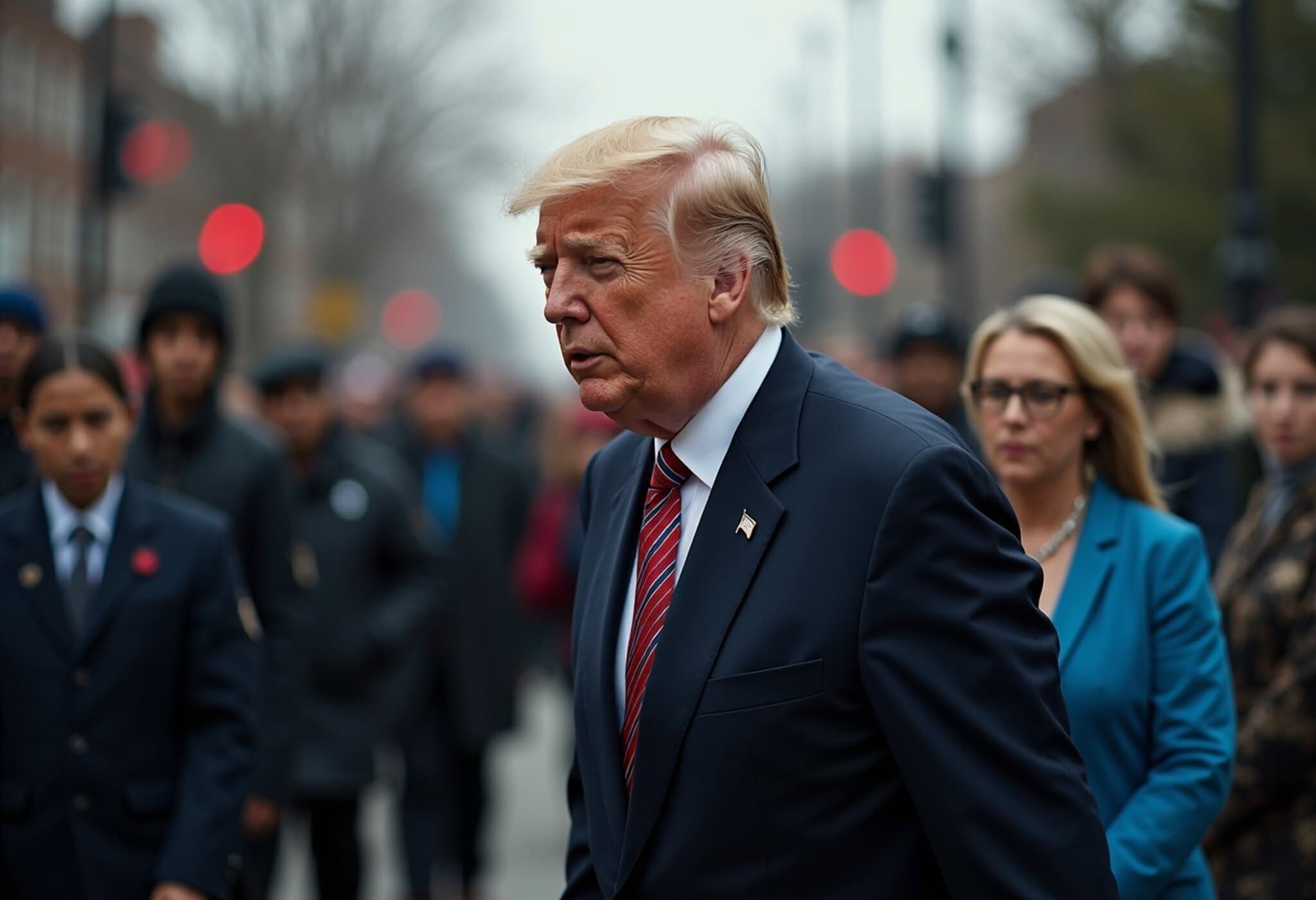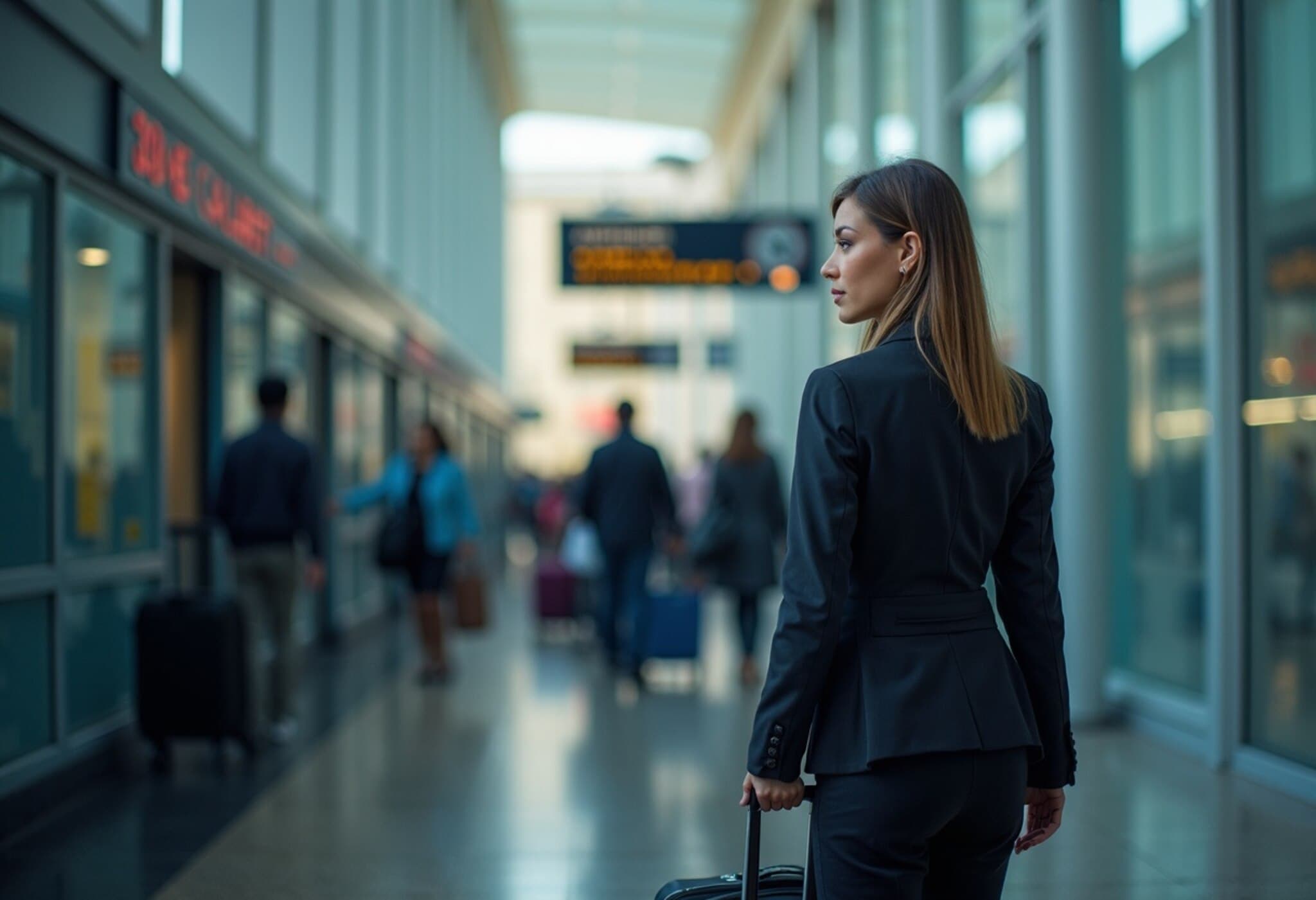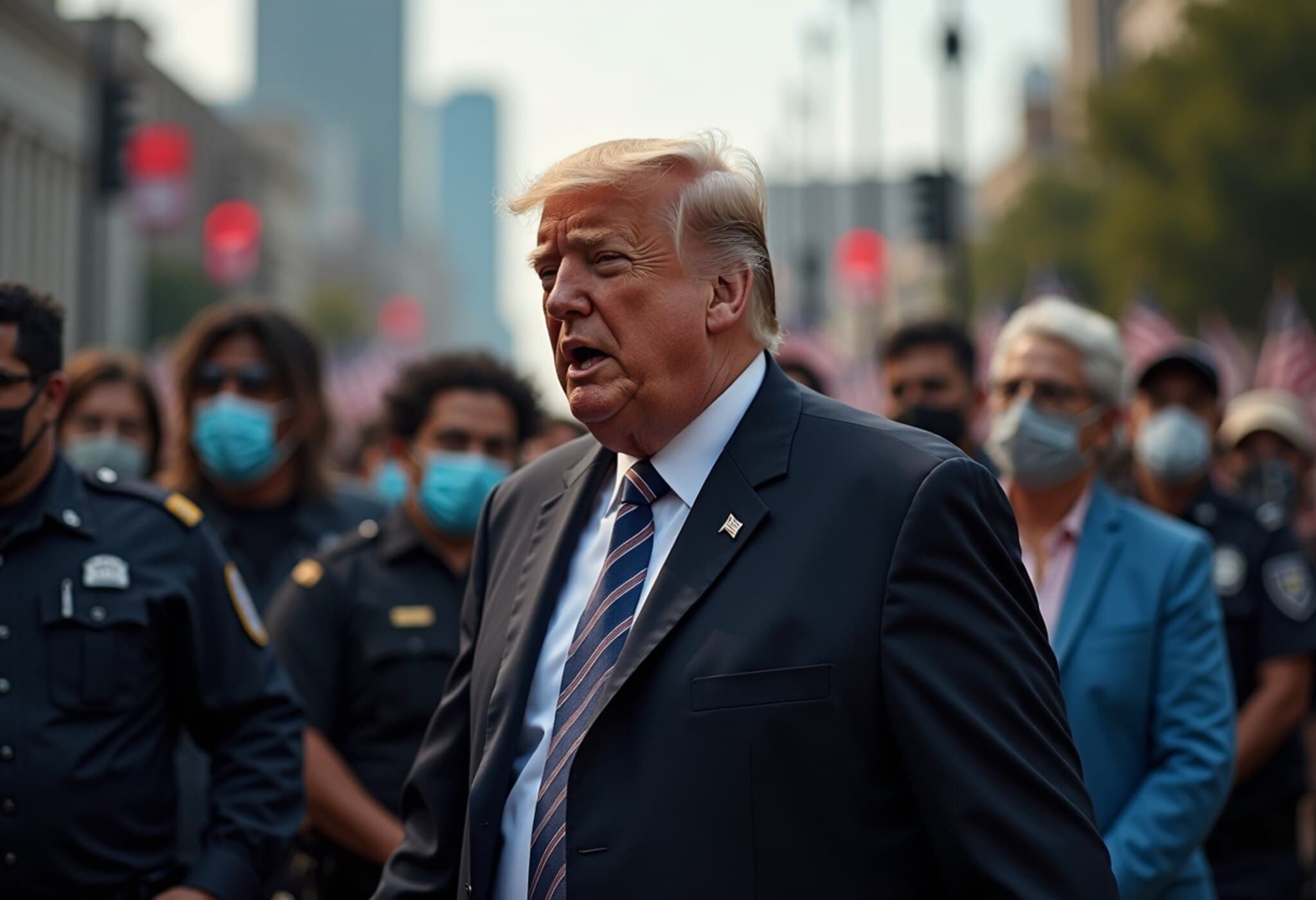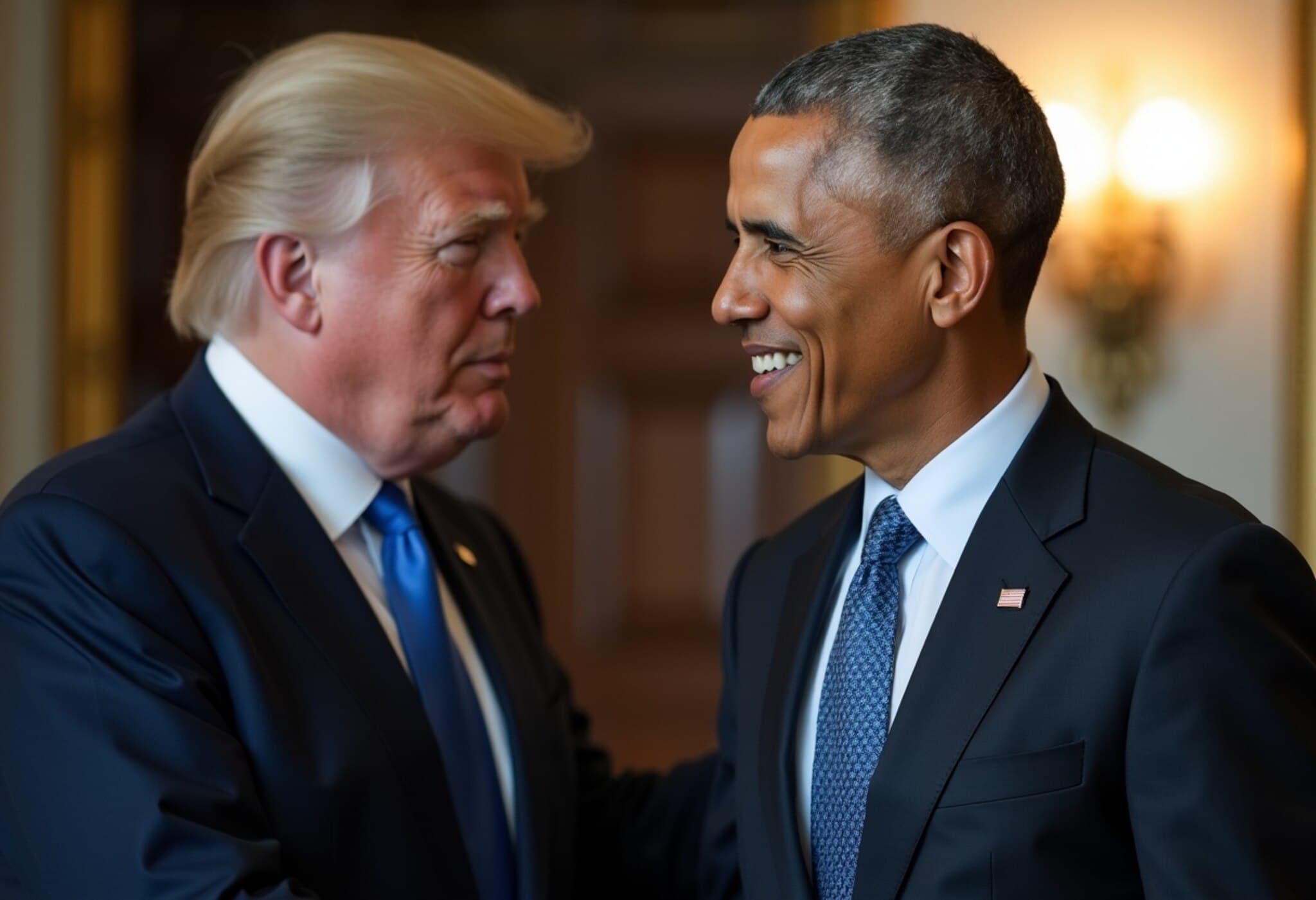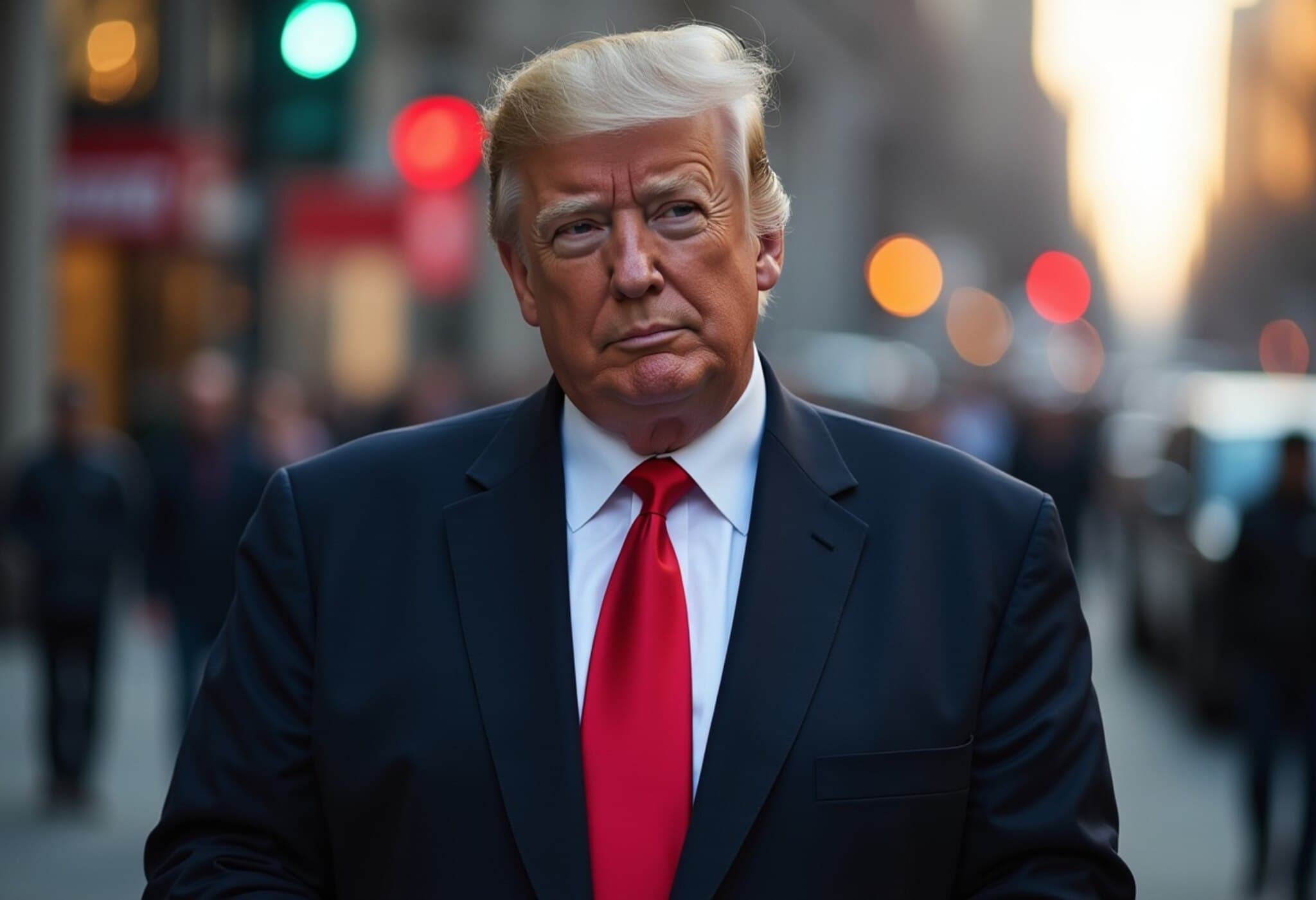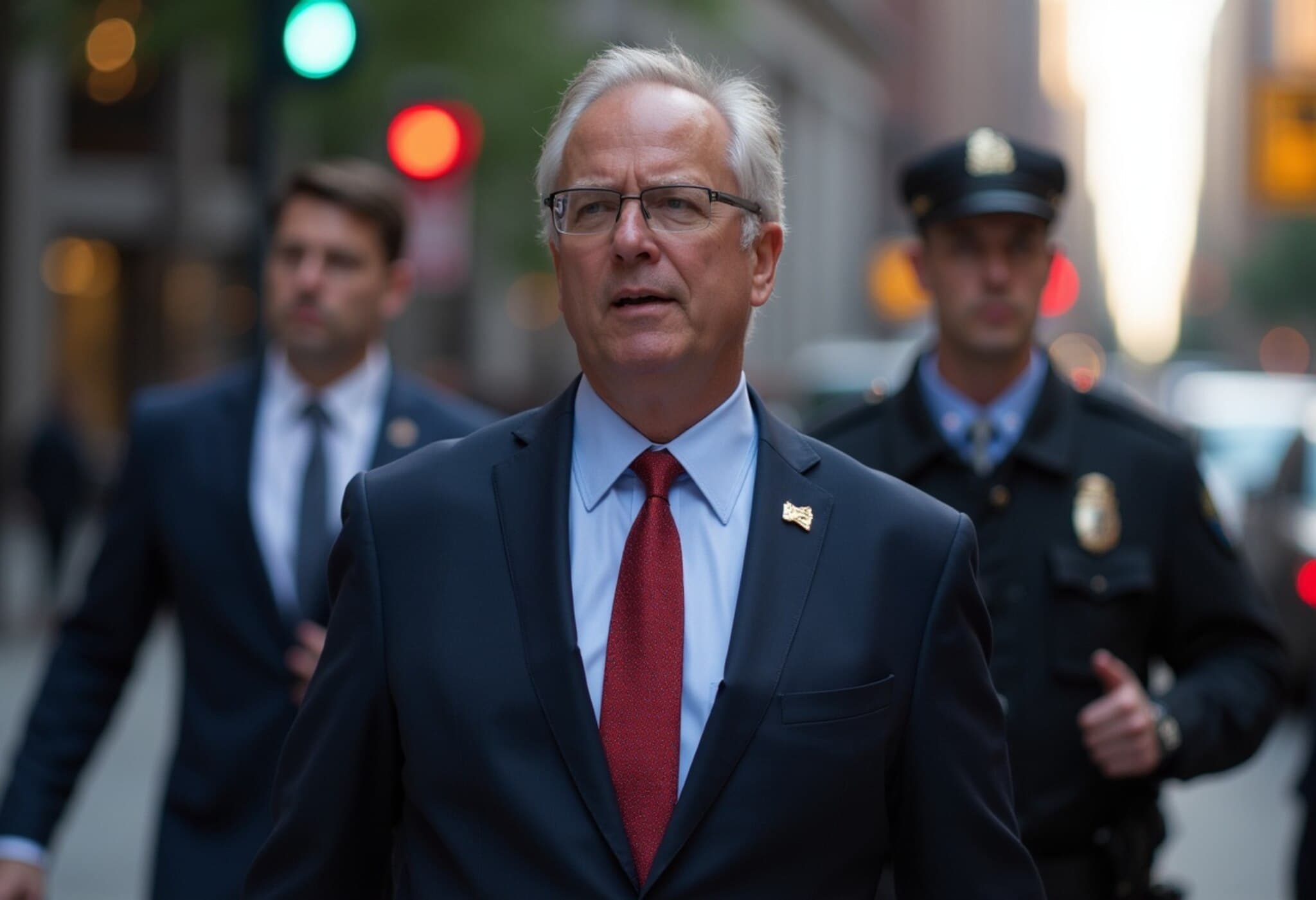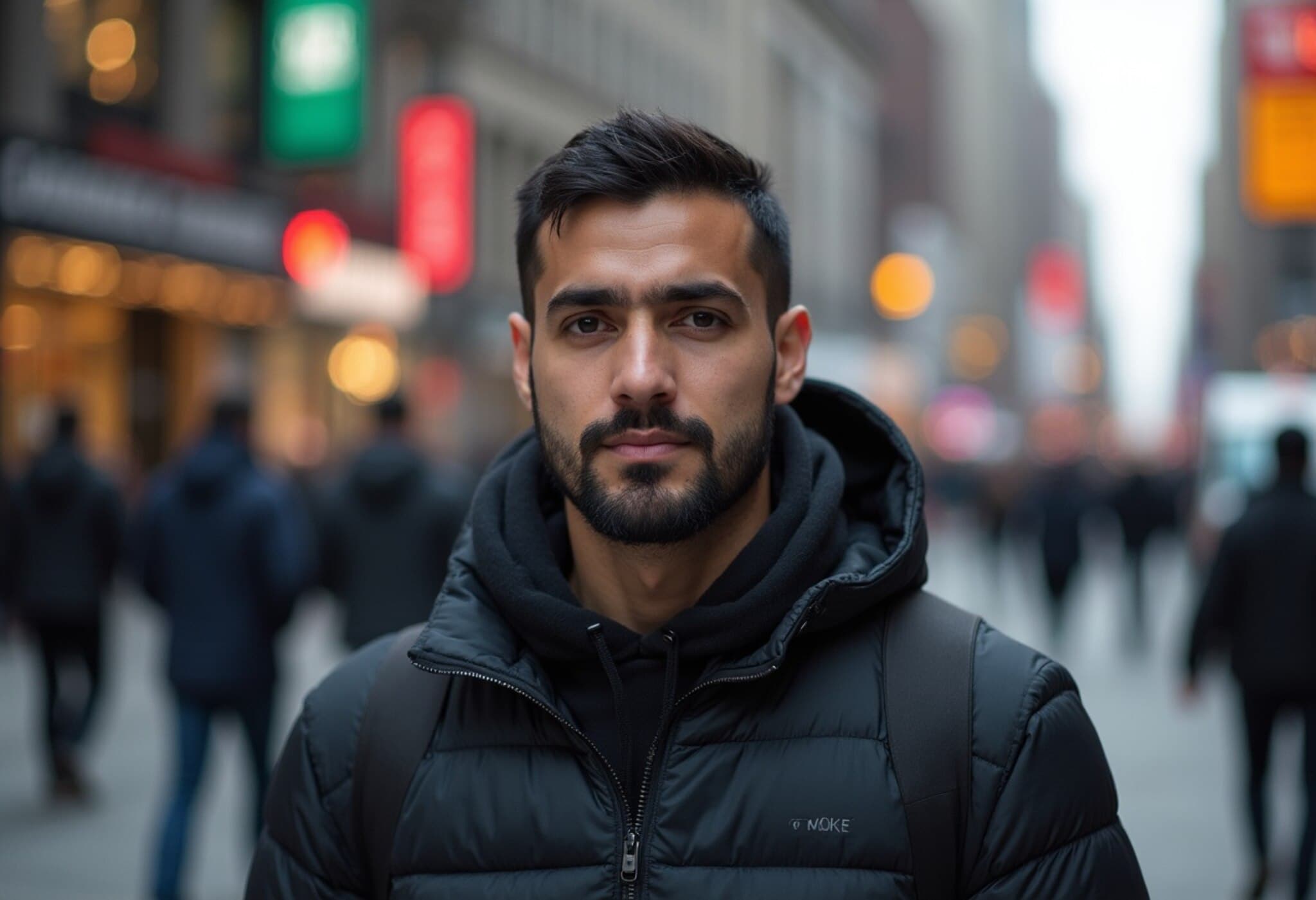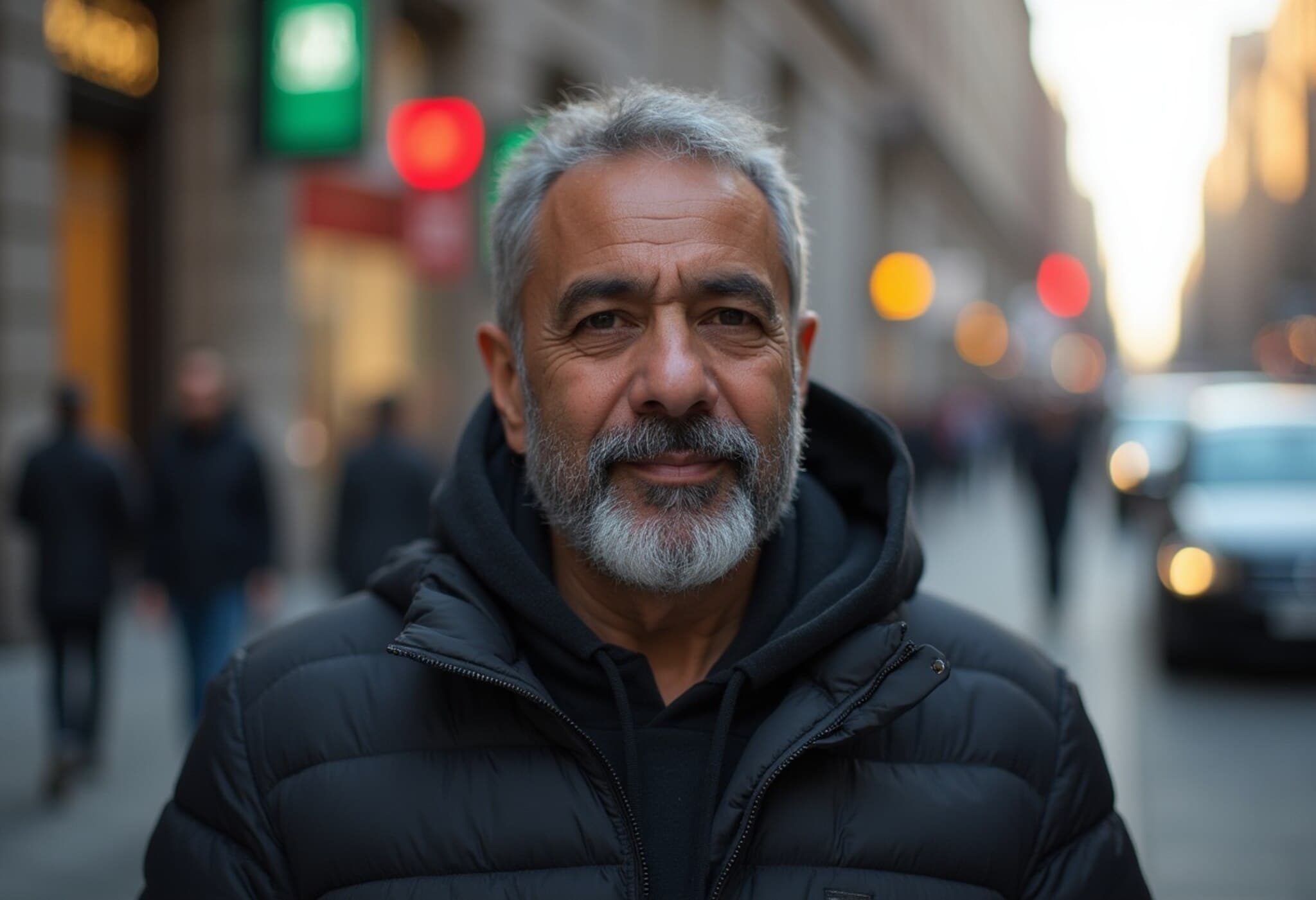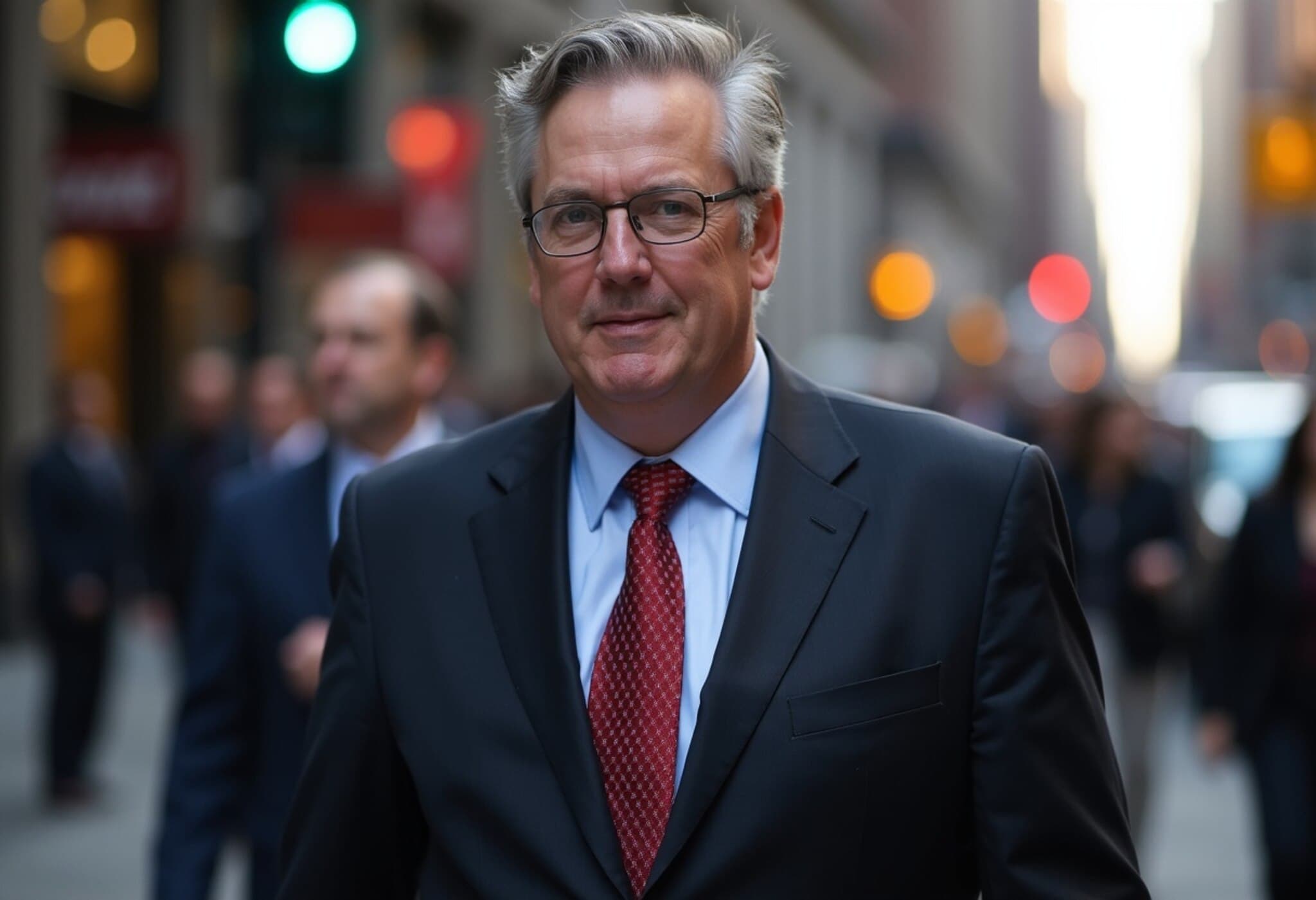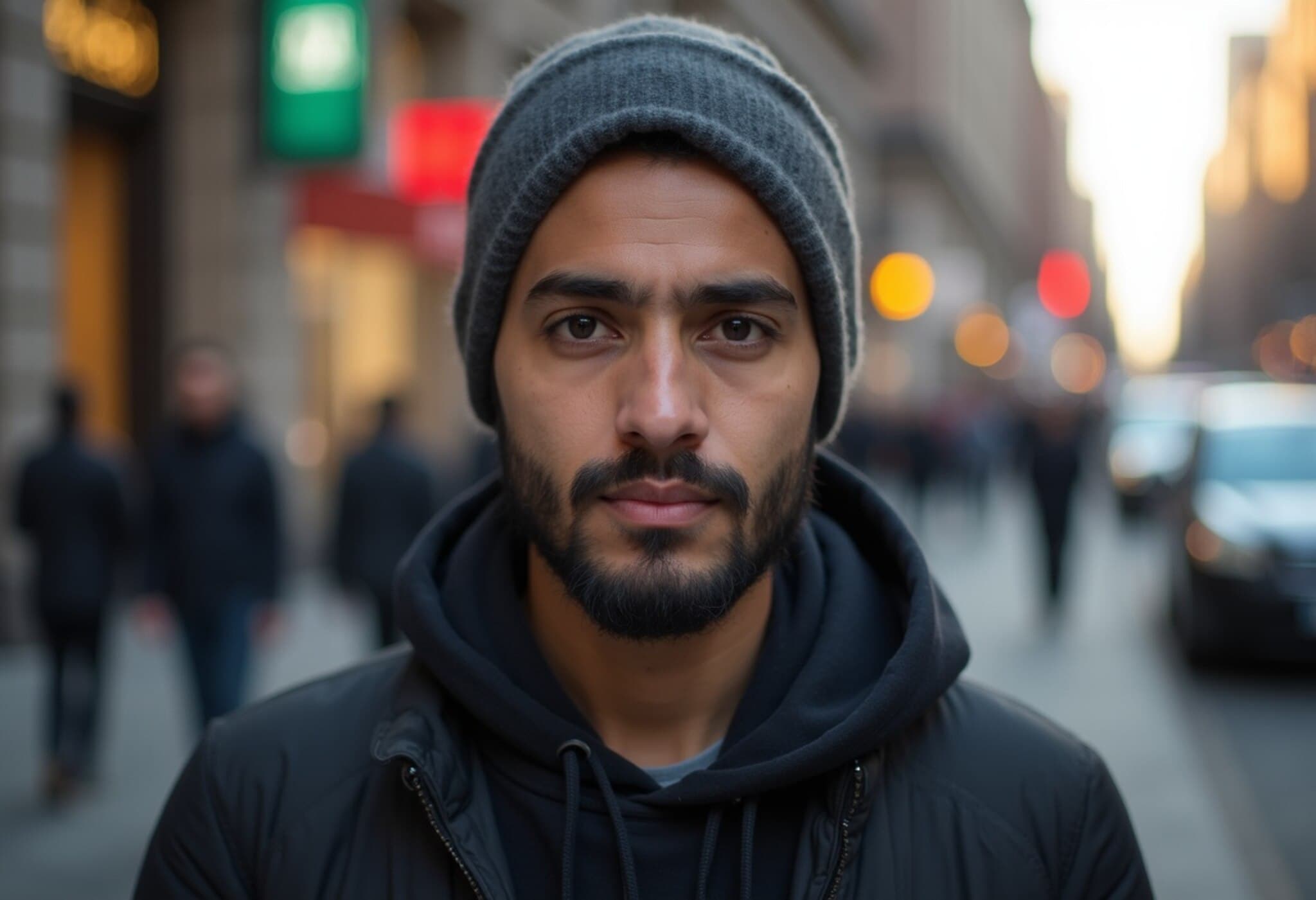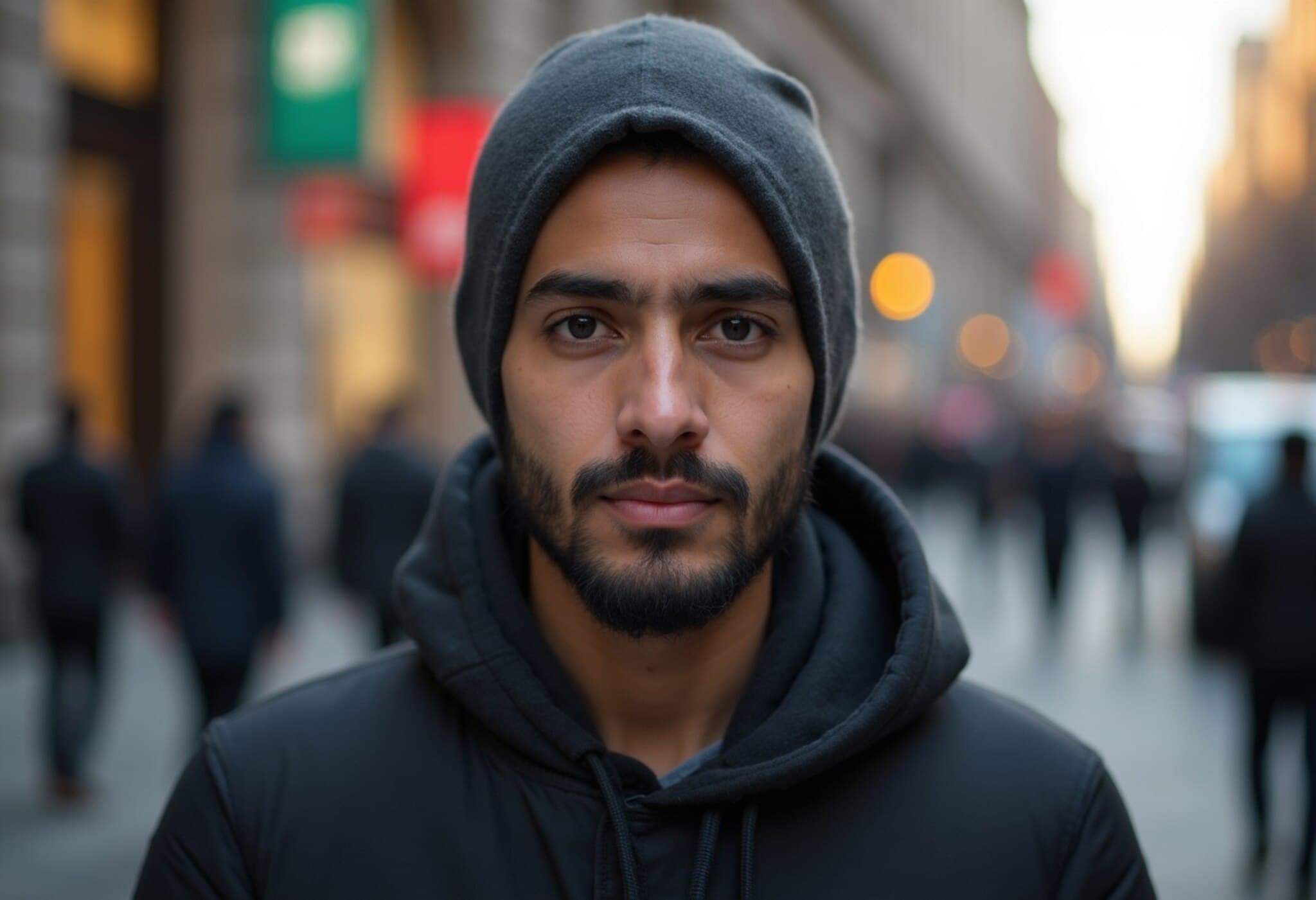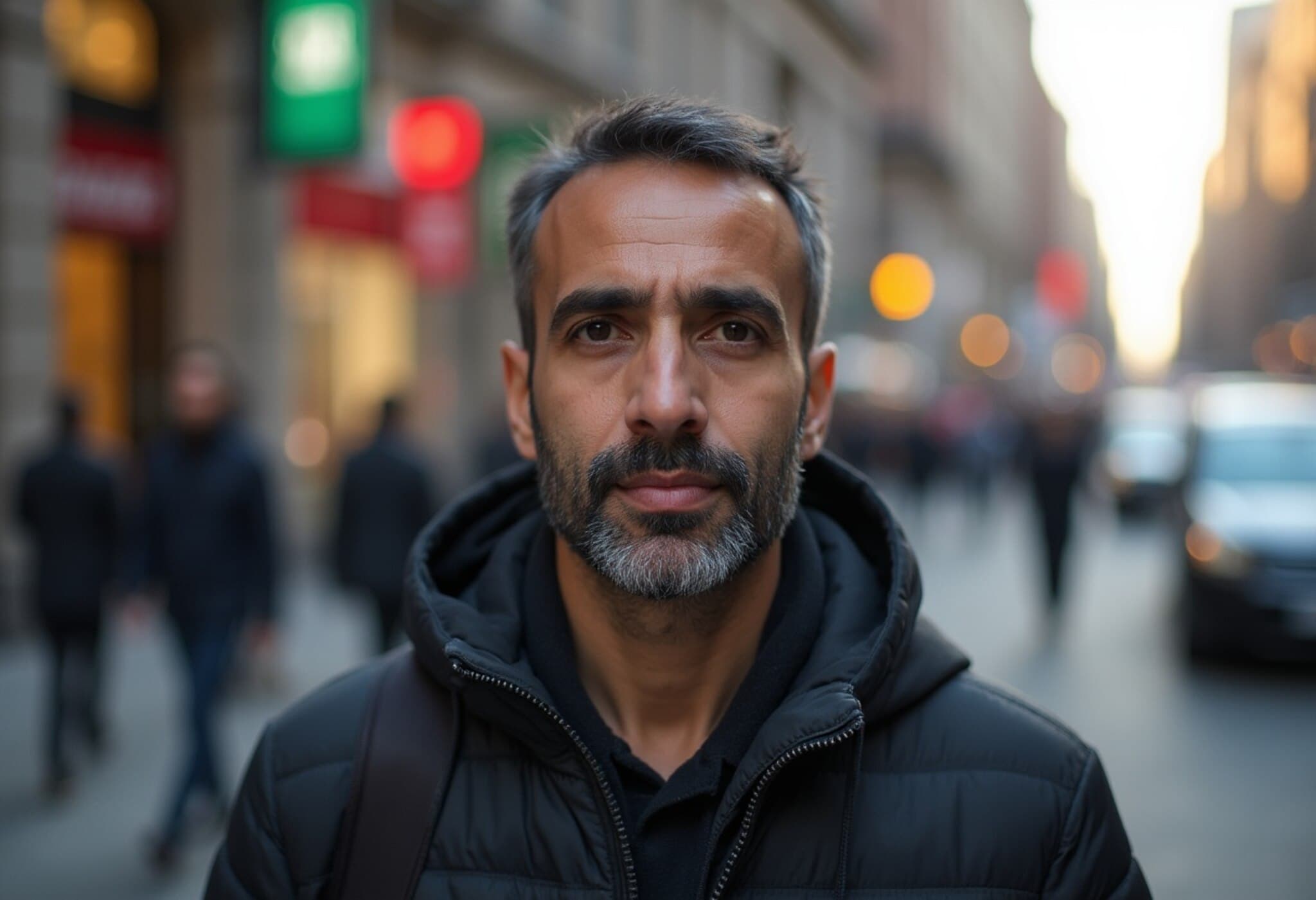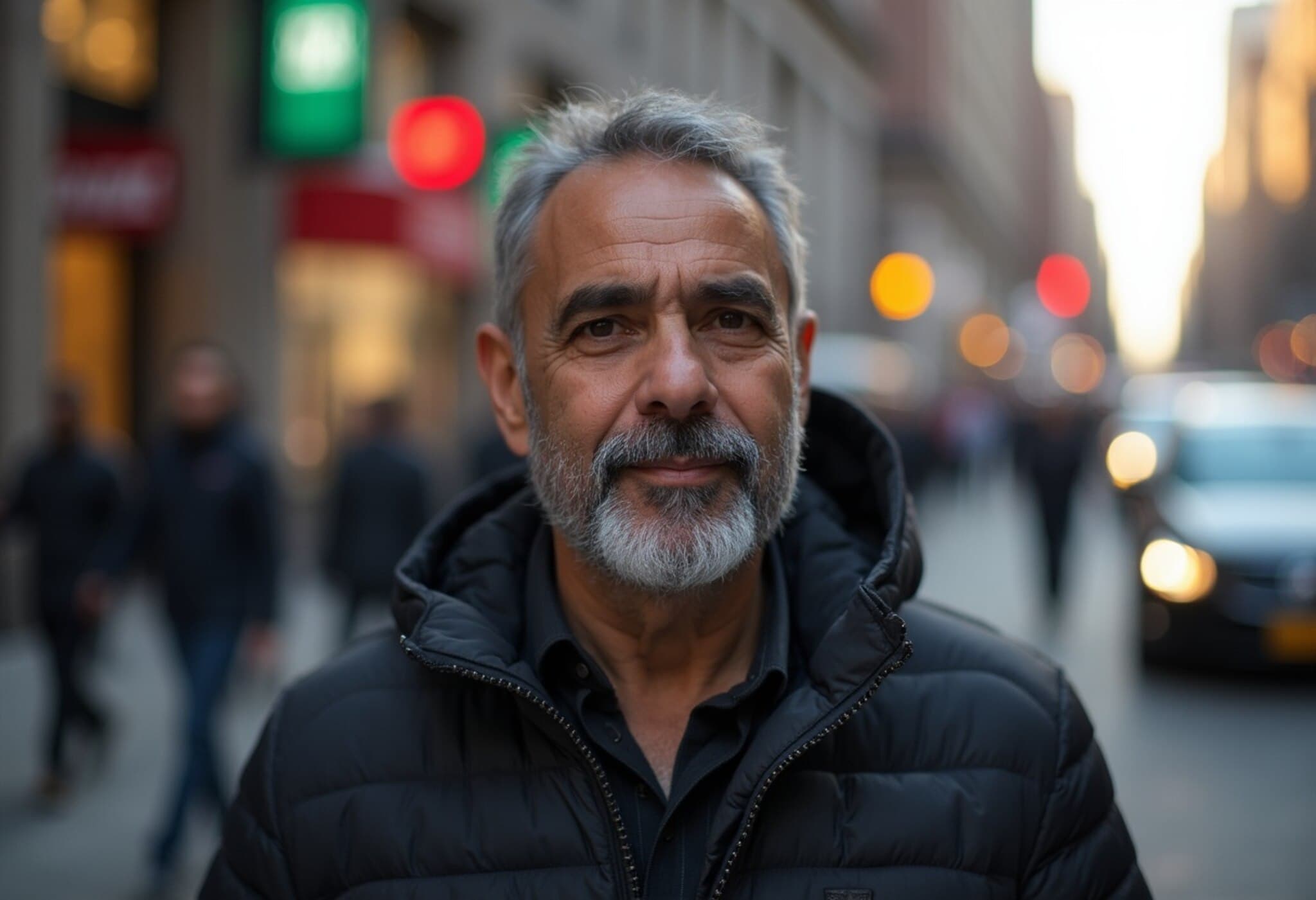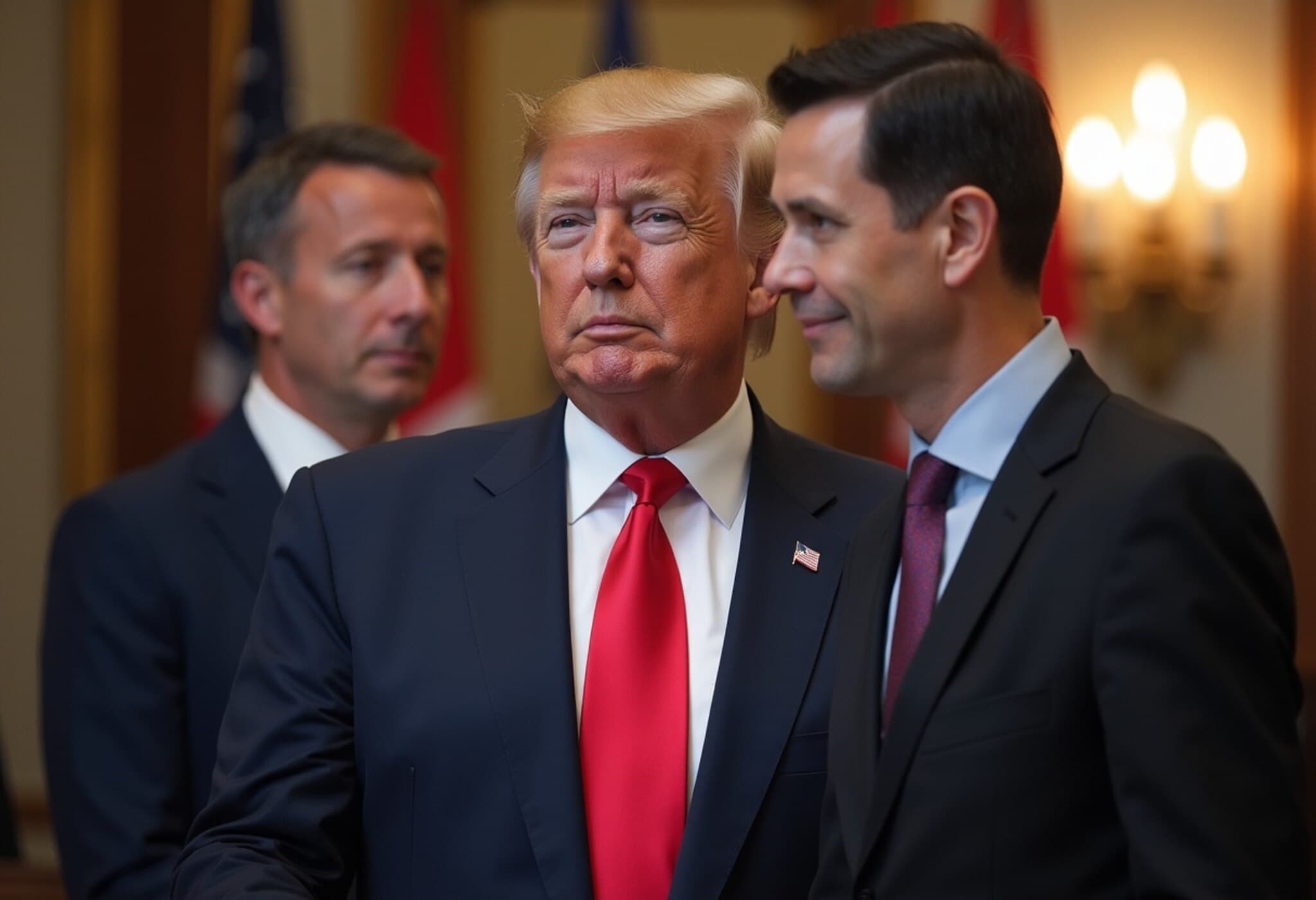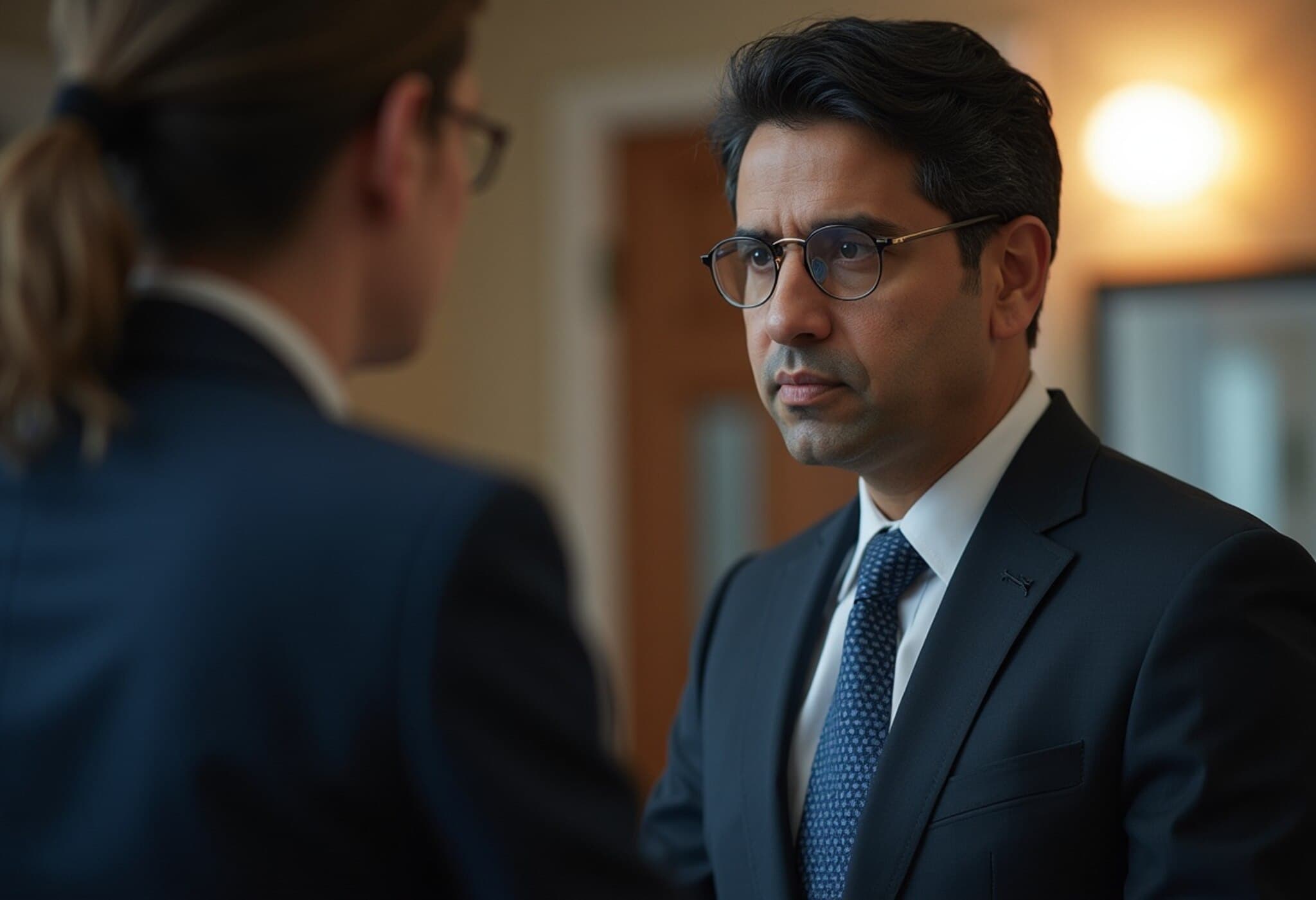Mahmoud Khalil Demands Justice After ICE Detention Under Trump Administration
Just weeks after his release from a grueling three-month stint in Immigration and Customs Enforcement (ICE) custody, Mahmoud Khalil, a prominent figure in Columbia University’s pro-Palestinian protests, is turning the tables by taking a stand in court. Through a strongly worded administrative complaint filed under the Federal Tort Claims Act, Khalil is seeking $20 million in damages—or alternatively, a formal apology—from the Trump administration. His case casts a spotlight on the contentious intersection of immigration enforcement, free speech, and political dissent in contemporary America.
From Campus Negotiator to Immigration Detainee
Khalil, 30, rose to national attention as a key negotiator and spokesperson during Columbia University’s campus protests related to the Israel-Hamas conflict in 2024. Though holding a green card and married to a U.S. citizen, Khalil was arrested by ICE agents on March 8, 2025, at his New York apartment, becoming one of the first high-profile pro-Palestinian activists detained during President Trump’s second term.
According to Khalil and his legal team, this arrest was part of a "haphazard and illegal campaign" orchestrated by the Trump administration aimed at silencing student activism under the guise of immigration law enforcement. The complaint alleges that the administration weaponized immigration policies to intimidate Khalil and his family, accusing him without evidence of supporting Hamas—a designation that has severe legal and social implications in the U.S.
Legal and Political Battlegrounds: The Deportation Fight
Following his arrest, Khalil was transferred to an ICE detention center in Louisiana. There, government officials pushed aggressively for his deportation, citing national security risks. This stance was reinforced when Secretary of State Marco Rubio publicly deemed Khalil’s presence a foreign policy threat, and an immigration judge in Louisiana ordered his removal from the country.
However, Khalil’s legal battle wasn’t over. In a significant turn of events, a federal judge in New Jersey halted his deportation in June 2025, questioning the legitimacy of the administration’s case. Upon release, Khalil was welcomed by a coalition of supporters, including fellow activists and his legal counsel.
The Clash Over Free Speech and Government Power
Khalil’s complaint accuses the Department of Homeland Security (DHS), ICE, and the State Department of retaliatory arrest intended to quash his constitutionally protected right to free speech and peaceful protest. It highlights public denunciations from high-ranking officials who branded Khalil as a terrorist sympathizer and antisemite on social media—labels Khalil argues were designed to damage his reputation and endanger his wellbeing.
DHS Assistant Secretary Tricia McLaughlin responded strongly, asserting that Khalil’s claims are unfounded. In a statement to ABC News, she argued that Khalil's own campus activities could be seen as threatening, emphasizing the regulatory privilege associated with visas and green cards in the U.S.
What Lies Ahead: A Case Testing the Boundaries of Immigration Enforcement
Mahmoud Khalil’s case is about more than one individual’s fight against deportation. It puts under scrutiny the Trump administration's policies that blur the lines between immigration enforcement and political suppression. Legal experts note that this case could set a precedent regarding how far the government can go in punishing dissenting voices, especially those intertwined with immigration status.
Moreover, it touches on broader questions poignant to American democracy: How do we balance national security with civil liberties? When does immigration enforcement become a tool for political retribution? What protections exist, or should exist, for student activists exercising their right to protest?
Looking Beyond Khalil: The Ripple Effect on Student Activism and Immigrant Rights
The Center for Constitutional Rights, representing Khalil, has emphasized that any financial compensation would support others similarly targeted by the administration, underscoring the systemic nature of the issue. Khalil himself has expressed readiness to continue advocating for Palestinian rights, undeterred by government pressure or personal hardship.
His plight is emblematic of a growing tension in U.S. campuses and immigrant communities nationwide, where activism and identity frequently intersect with immigration policies and national security considerations.
Editor’s Note
Mahmoud Khalil’s ongoing legal struggle highlights a critical crossroads for American democracy at the nexus of immigration law, free expression, and activism. Beyond the headlines, this case compels us to consider the risks of conflating citizenship status with political allegiance and the consequences of government overreach. As courts revisit the limits of immigration enforcement power, Khalil’s story serves as a potent reminder of how the fight for civil liberties continues to unfold amid shifting political landscapes.
Readers are invited to reflect: How can the U.S. safeguard both national security and the fundamental rights of protesters and immigrant communities? And what role should universities, as hubs of free thought and activism, play in this delicate balance?

